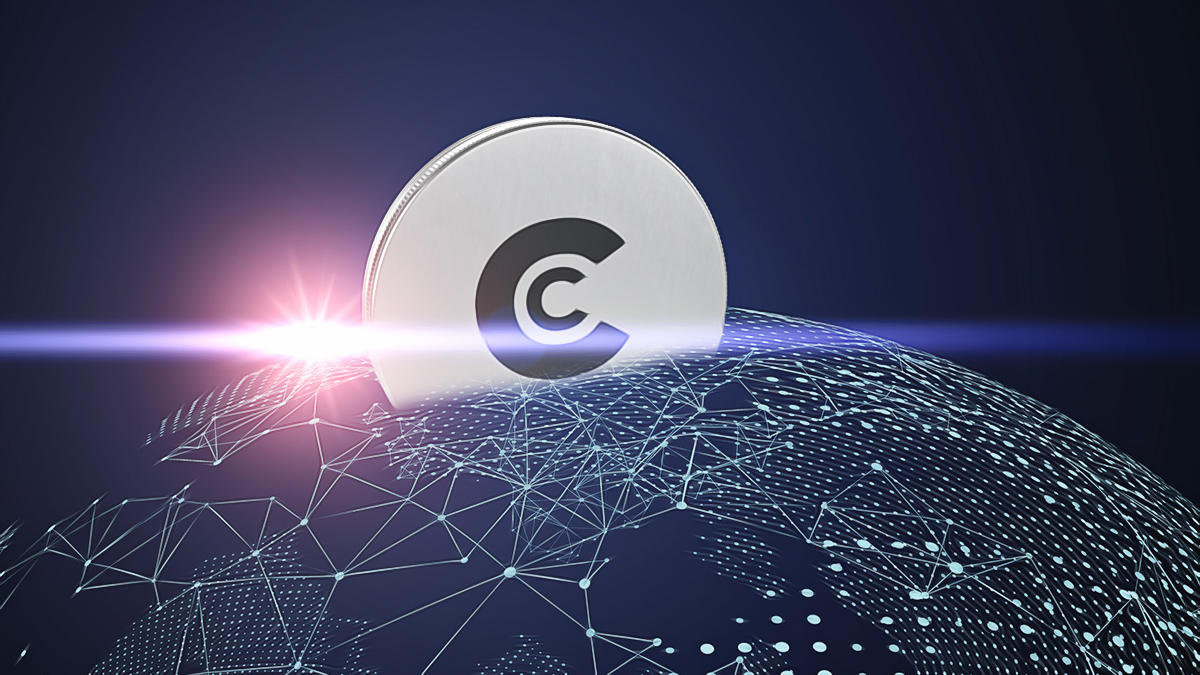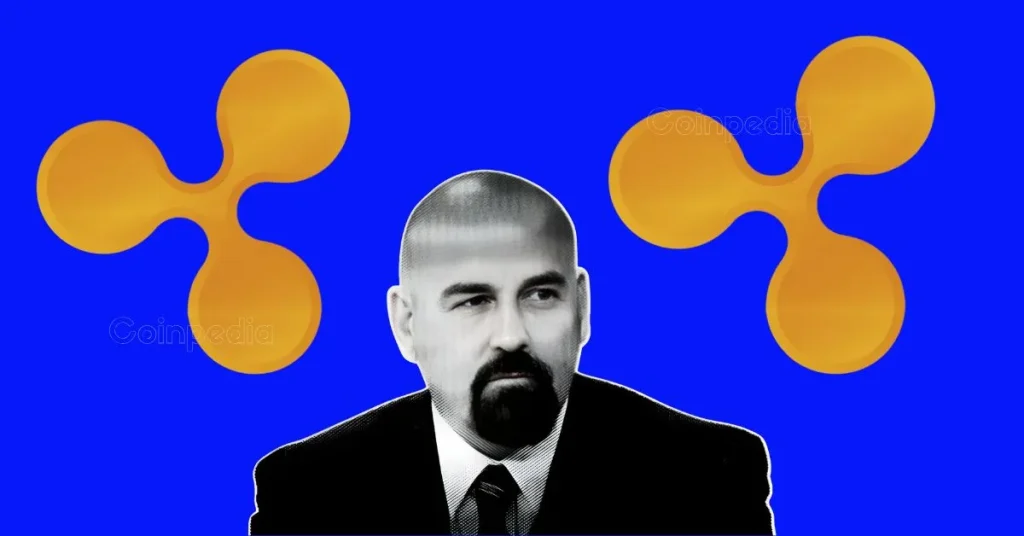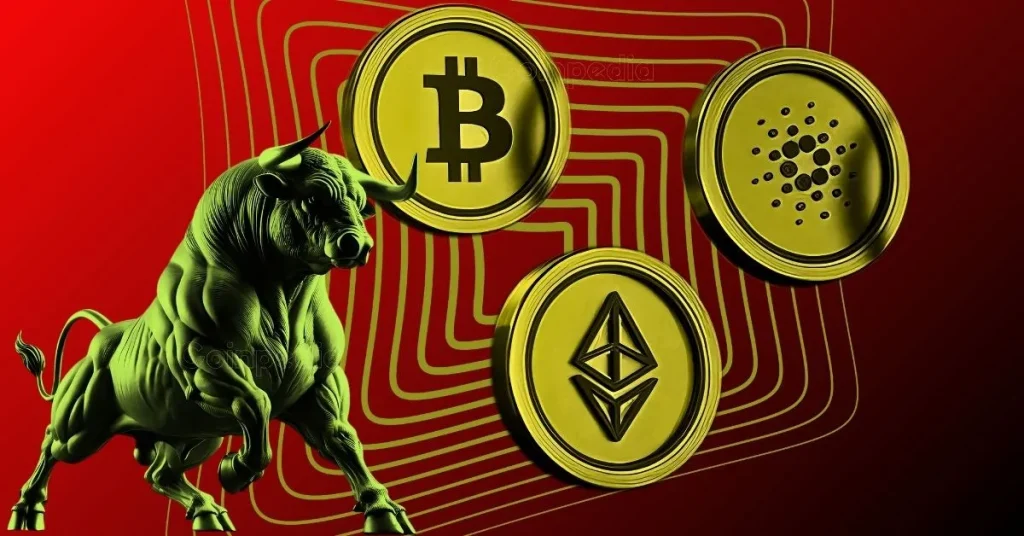
Dealing with skyrocketing gas prices and chain restructuring
It has been pointed out that the crypto asset (virtual currency) Ethereum (ETH) scaling solution “Polygon (MATIC)” may soon hard fork.
According to cryptocurrency media The Block, a developer from Polygon Labs has proposed a hard fork of the PoS (Proof of Stake) blockchain to the community. The aim is to address spikes in transaction fees (gas prices) and blockchain reorganizations (reorgs), while improving Polygon’s performance and security.
If approved, the upgrade will take place on January 17th.
This upgrade has been discussed at the governance forum since December last year as part of efforts to improve the functionality of the polygon sidechain.
What is a polygon
A second layer project that tackles the scalability problem of Ethereum. We have developed multiple solutions such as “Polygon PoS” and “Polygon zkEVM”, which are being adopted by major companies.
 Cryptocurrency Glossary
Cryptocurrency Glossary
Prevention of reorganization
A hard fork’s primary goal is to reduce the likelihood of a chain reorg. Reorgs occur when one chain becomes longer than the chain you are working on, but due to the nature of the consensus mechanism of Polygon’s PoS mainnet, reorgs are more likely to occur.
It has been pointed out that different nodes may overwrite blocks by reaching consensus at different times.
When a reorg occurs, adjustments are required to determine which chain is “legitimate,” making it difficult to verify whether the transaction was completed.
To address this issue, the developers have proposed measures that will reduce the block confirmation time for validating successful transactions. By reducing the number of blocks that a validator can generate continuously (sprint length) from the current 64 blocks to 16 blocks, the block generation time for a single validator will be changed from 128 seconds to 32 seconds. .
The developers believe this move will reduce the chances of a second or third validator intervening in block generation, resulting in fewer reorgs.
Reducing gas price spikes
A secondary goal of the upgrade is to reduce spikes in gas prices by making the fluctuations in the base rate of fees smoother, he said.
Polygon experienced a sudden rise in base fees during periods of high demand for block generation. Therefore, a measure is proposed to change the parameter “BaseFeeChangeDenominator” that determines the rate of change of the base fee for transactions according to the demand from time to time.
Polygon and Web3
Since last year, there has been a succession of partnerships and adoptions between Polygon and a number of major companies related to Web3.
- Starbucks Selects Polygon to Offer Web3 Experiences for Loyalty Program
- Instagram: Supports polygon NFTs (non-fungible tokens), allowing creators to issue and sell NFTs in the app
- Bermuda’s Jewel Bank: Polygon as the foundation for issuing USD-denominated stablecoins
- Disney: Collaborating with Polygon on Digital Collectable Development
- Magic Eden (Sorana-based NFT electronic marketplace): Introducing polygon NFTs
- Warner Music: Partnership to develop NFT music platform
- Mastercard: Polygon Selected as Foundation for Web3 Nurturing Program for Music Artists
Relation:Mastercard Announces Music NFT Accelerator, Adopts Polygon
What is Web3
The current centralized web is defined as Web 2.0, and refers to an attempt to realize a non-centralized network using blockchain. Typical features include use cases for decentralized networks such as blockchain, such as access to dApps using virtual currency wallets.
 Cryptocurrency Glossary
Cryptocurrency Glossary
While many cryptocurrency-related companies are forced to reduce their workforce on a large scale, Polygon is considering increasing its workforce by more than 200 people, or about 40%, in September of last year in order to strengthen partnerships and Web3 development teams. was reported to be there.
Relation:Web3 Project Polygon (MATIC) to Increase Headcount by 40%
The post Polygon (MATIC), developers propose hard fork appeared first on Our Bitcoin News.

 2 years ago
127
2 years ago
127














 English (US) ·
English (US) ·